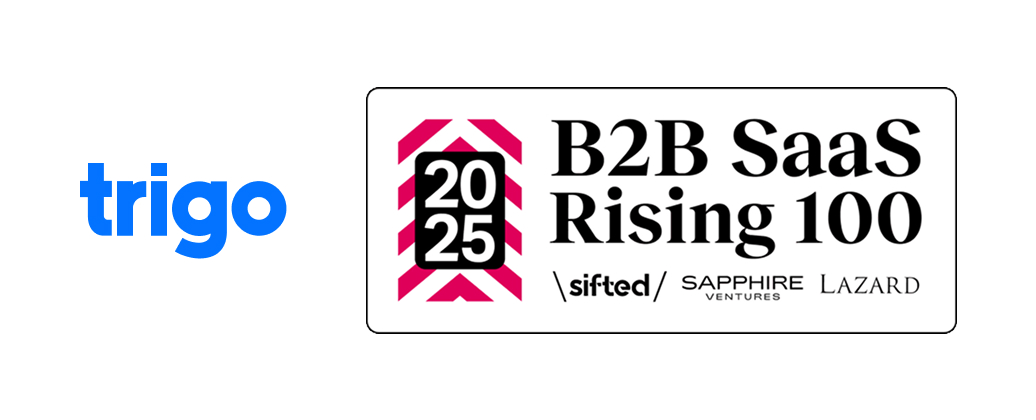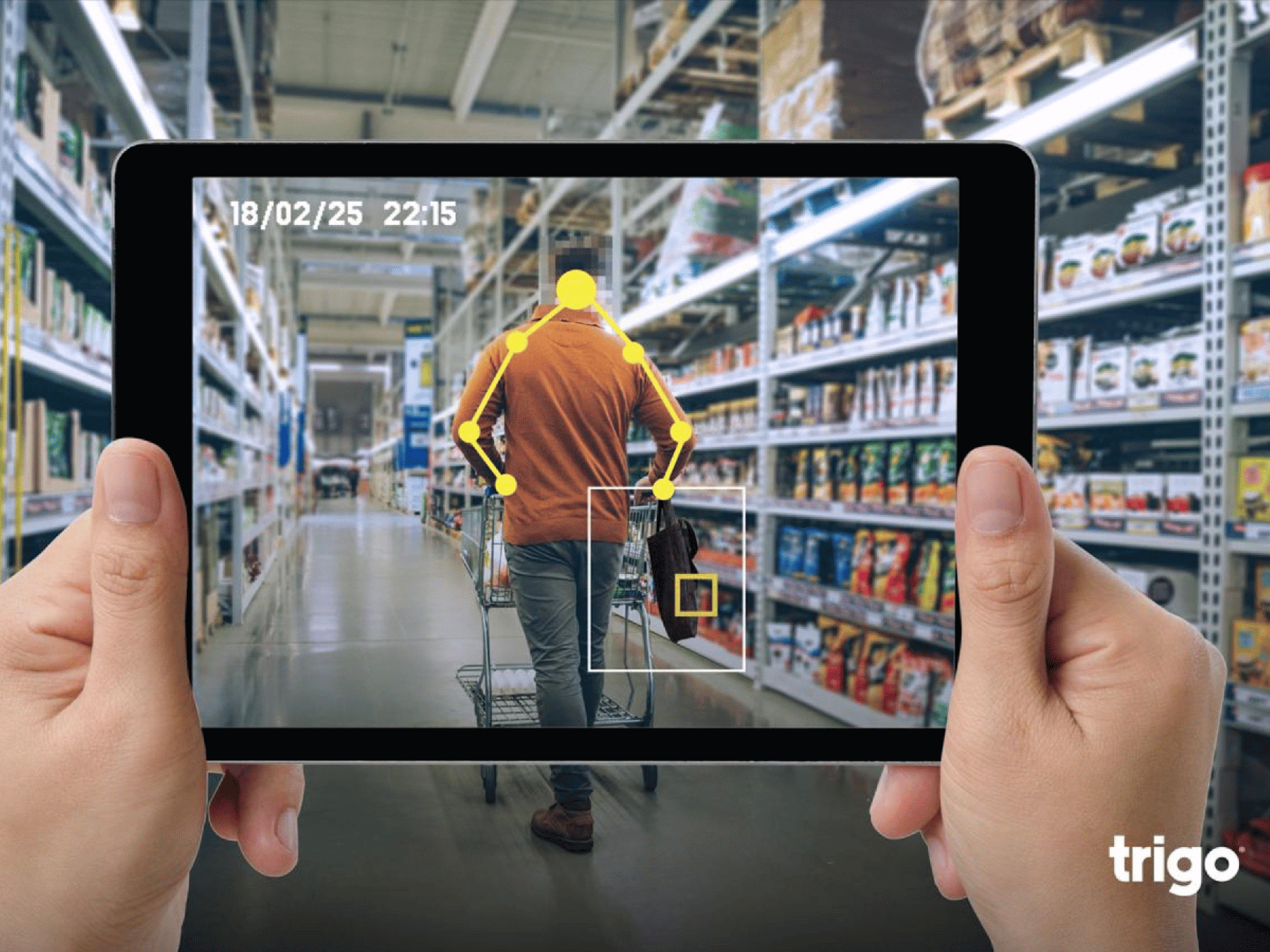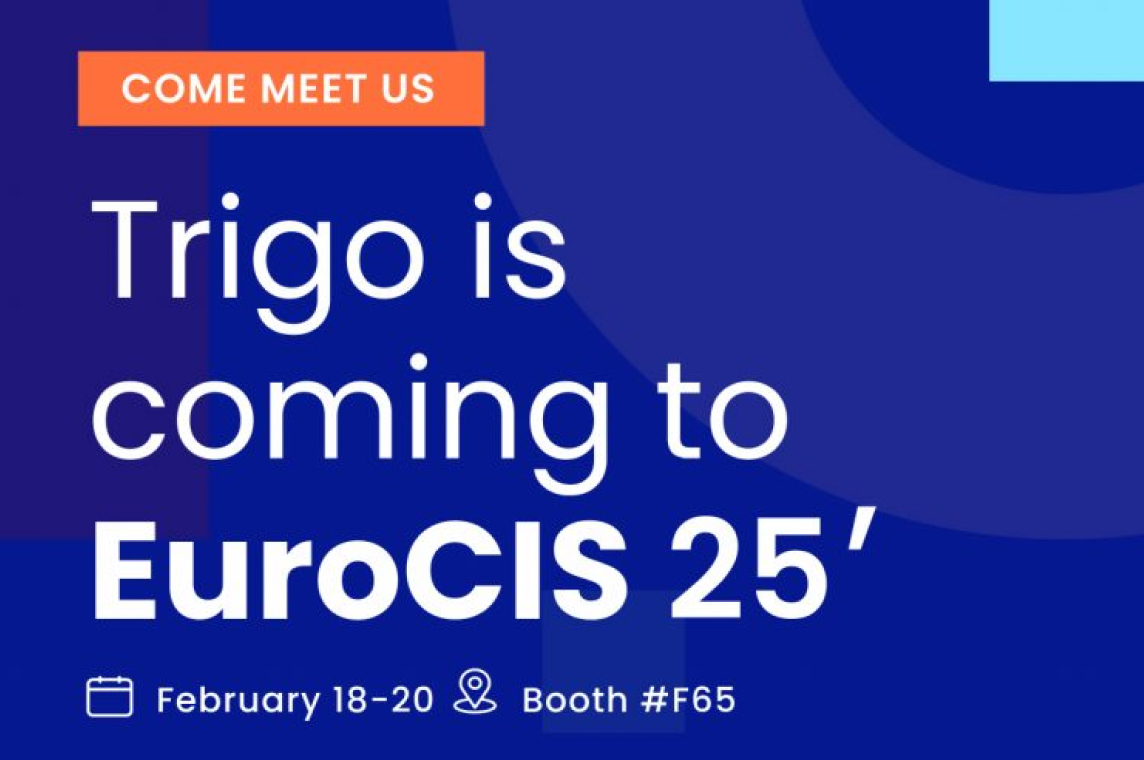What makes people keep coming back to brands is their ability to provide experiences and value exclusive to them. For example, Verizon and AT&T capture most of the market share in the US cellular provider market. Still, other brands, such as T-Mobile, have cemented their place because of the specific experience and value that they offer. When the other companies were focused on charging premiums, T-Mobile invested in 5G, which paid off – they have the best 5G service nationwide. Differentiators like this keep brands competitive, even in industries that seem dominated by quasi-monopolies.
In the world of grocery retail, where margins are razor thin and competition is as fierce as ever, brands are looking to gain an edge by investing heavily in technologies that complement their unique personality and enhance their existing experiences. One of the ways retailers are future-proofing their brick-and-mortar business is by implementing autonomous store technology. Retailers who are retrofitting their stores with autonomous store solutions like Trigo’s StoreOS™ have the advantage of maintaining their individual personalities and providing their customers with a familiar experience, but with the improved benefits that the technology enables.
All of our grocery retail partners are equally committed to innovation as they are to providing a superior shopping experience for their customers. Trigo’s solutions were therefore built to support brands’ distinct offerings and appeal. These are five examples of brand-driven use cases that we delivered for retailers in their Trigo-powered autonomous stores:

Support sustainable offerings with frictionless checkout
Germany is widely considered one of the global leaders in sustainability efforts and policies. Beyond its famous innovative renewable energy efforts, Germany also has one of the top recycling programs in the world. So, naturally, REWE wanted its latest autonomous store in Berlin to support its sustainable offering – recycling deposit machines. Since this location is a hybrid store, we developed a solution tailored to this model so that the system would be able to differentiate between traditional and frictionless checkout shoppers.
Shoppers who opt to use the cashierless checkout option double down on sustainability. The frictionless shopping experience is completely digitized, meaning shoppers receive the credit from the deposit machine directly into their virtual shopping basket and their final receipt is sent digitally via email, SMS, or mobile app – eliminating paper receipts altogether.
We are ushering in an era where companies are heavily emphasizing and ramping up their sustainability initiatives, and it is important that the technologies they adopt can support these goals. Autonomous stores eliminate the need for paper and digitize store operations, making them one of the many ways that retailers can encourage more sustainable practices.
Combine local habits with seamless shopping
One of the biggest challenges in implementing new innovations is scaling across markets. Especially in the grocery retail industry, there can be significant gaps between countries. For example, in the UK, customers are accustomed to buying items such as fresh produce or meat by piece – e.g. one item = one Pound. However, in Germany, shoppers prefer to buy these same items by weight – e.g. one kilo = one Euro.
These different buying habits are reflected in Trigo-powered stores around Europe. The Tesco Express on High Holborn in London charges customers by piece, while the REWE store in Berlin features a smart scale integrated into Trigo’s system that allows customers to weigh and buy fresh produce by weight.
The bottom line is that in both countries and with both retailers, customers can experience the complete seamless shopping experience, despite differences in shopping habits. This is good news for retailers who want to expand and scale autonomous stores into new markets and ensure that the seamless shopping experience is localized to that new market.
Use cashierless checkout to buy in bulk
One of the defining features of discount grocery shopping is buying in bulk. This is one of the many ways that discounters are able to provide their customers with all of their pantry essentials at competitive prices. We worked closely with our discount grocery retail partners, Netto Marken-Discount and Aldi Nord, to support bulk buying options for customers shopping with cashierless checkout.
Netto’s differentiation in the discount market is that they provide well-known brands at reduced prices by selling in bulk, as opposed to other players in the market, who offer private labels at lower costs. Bulk buying is at the core of their business model, so any frictionless checkout solution had to support this use case.
Aldi Nord’s model is mostly based on creating low-cost, private-label products, but some of its popular offerings are also grounded in bulk buying. One of these offerings is the option to buy assorted products in a single box, in bulk. This specific bulk buying use case was also technologically challenging to solve, as the system had to group multiple different products as one item, which would then appear on the shopper’s final digital receipt.
These variations of the bulk buying use case show how smart stores provide retailers with flexibility, even within a specific use case. Autonomous store technology is at the cutting edge of retail tech, and its advanced capabilities enable retailers to personalize use cases to differentiate themselves and maintain their competitive edge in the industry.
Deliver brand favorites in autonomous stores
If you have ever been to an Aldi store anywhere in the world, you probably visited the infamous ‘middle aisle.’ The middle aisle at Aldi has developed a loyal following with Facebook groups in its name, some even have tens of thousands of members.
So what exactly is all the hype about this middle aisle? In addition to Aldi’s already competitive prices, the middle aisle in Aldi stores offers even deeper discounts on both food and non-food items. The middle aisle is not only a staple in Aldi stores, it is a part of the classic brand experience Aldi has carefully crafted over the years that has helped catapult the retailer to resounding global success.
Although the promotional baskets in the middle aisle were technologically challenging, it is these types of infamous brand favorites that retailers just cannot pass up on when they integrate new technology into their stores. By leveraging this advanced automated retail technology, the Trigo-powered Aldi Nord store in Utrecht became the first autonomous Aldi store in the world to include a middle aisle.
Integrate IoT devices into smart stores
One of the things Europe is known for is its coffee. Germany is not only the biggest consumer in Europe, but it also has the second highest total coffee consumption in the world, outranked only by the United States. While cafes usually come to mind as the go-to place for coffee, for those who don’t have time to leisurely sit and drink their morning cup, grocery retailers’ express stores oftentimes serve as a fast alternative to get your daily caffeine intake.
REWE’s Trigo-powered store in Cologne is located on one of the busiest streets in all of Germany, so a coffee machine integrated into Trigo’s system was necessary for their on-the-go shopper demographic. The coffee machine use case also happens to be a great example of why express stores are a good starting point for retailers looking to incorporate autonomous stores into their business strategy.
First, this use case demonstrates how the technology can integrate with various IoT machines that support offerings important to the retailer’s brand experience of answering the on-the-go shopper’s needs. Second, this use case is a textbook example of when someone would want to use a checkout free option. Buying a fresh cup of coffee will always have friction in the first part of the journey because either someone needs to make it or someone needs to dispense it. With an autonomous store, you cut out the friction of waiting in line to pay at the end by offering a cashierless checkout option for that on-the-go shopper.
Autonomous stores’ adaptability over time
In the future of retail, technology innovation will be the main driver for brick and mortar, without compromising everything that makes a brand recognizable, unique, and valued. Even with strong technological systems in place, as time goes on, retailers tweak their offerings and expand into new markets, so their technology partners must be able to support these changes over time. The technology powering autonomous stores is adaptable, constantly unlocking new products to boost operational efficiency and enhance the customer experience, and growing alongside retailers to support their rising ambitions and dynamic goals.









